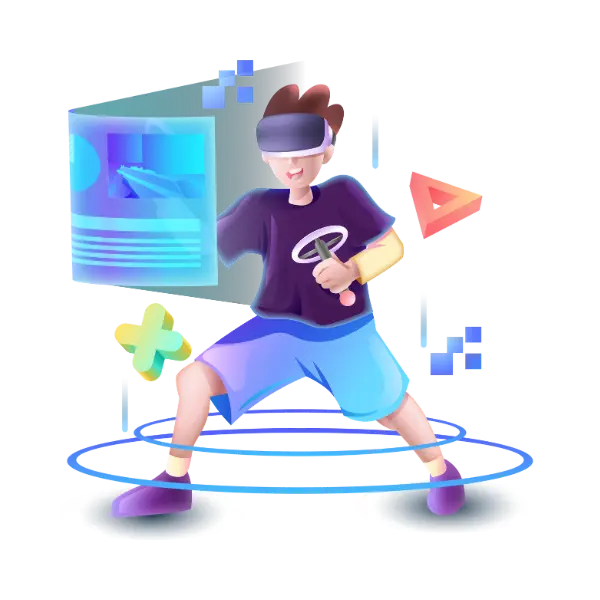Introduction : To Optimize Android Game For Better Performance
Start your Android game development today!
Our expert team is here to guide you every step of the way.

Why Should You Optimize Android Game for Better Performance?
Optimization also allows your game to run efficiently on both high-end and low-end devices, ensuring that you reach a broader audience. As the Android market is highly fragmented, with devices varying in processing power, screen resolution, and memory, your game needs to perform well on all types of devices. Partnering with a Game development company can streamline this process.
Key Performance Metrics to Focus On : Optimize Android Game For Better Performance
1. Frame Rate (FPS)
Many Android game developers focus on optimizing frame rates from the early stages of development. This ensures the game not only looks good but performs well under different conditions.
2. CPU and GPU Usage
With the right Android game development solutions, your game can achieve an optimal balance between CPU and GPU usage. This balance ensures better performance even on mid-range devices.
3. Memory Usage (RAM)
If you are outsourcing your game development, Android game development companies often provide memory optimization as part of their services. This ensures that your game performs well even on devices with limited resources.
Technical Implementations to Optimize Android Game for Better Performance

1. Efficient Resource Management
2. Optimizing Physics Calculations
If you are working with an Android game development company USA, their specialized knowledge of physics engines can help you implement these optimizations in a way that’s tailored to your game’s specific needs.
3. Memory Management Best Practices
4. Multithreading to Improve Efficiency
Our expert team is here to guide you every step of the way.

Strategies to Continuously Optimize Android Game for Better Performance
1. Early Profiling
2. Test on a Range of Devices
3. Use Player Feedback
Many Android game development companies incorporate player feedback into their optimization processes, making adjustments based on real-time data to enhance performance and user satisfaction.
Also Read:- Handling Game State Synchronization
Final Tips to Optimize Android Game for Better Performance
1. Efficient Rendering
If you’re working with an Android game development company USA, they will likely have specific tools and techniques to optimize rendering, ensuring your game looks good without overburdening the device’s GPU.
2. Audio Optimization
3. Battery Optimization
Our expert team is here to guide you every step of the way.

Conclusion: Optimize Android Game for Better Performance
When you optimize your Android game for better performance, you improve not only the player experience but also your game’s success in the market. Efficient resource management, memory optimization, and regular testing are key components in maintaining high performance. By following these strategies, your game will run smoothly across a wide range of devices, ensuring that players keep coming back for more. Regular profiling and player feedback ensure you stay on top of any performance issues, keeping your game both engaging and efficient.















